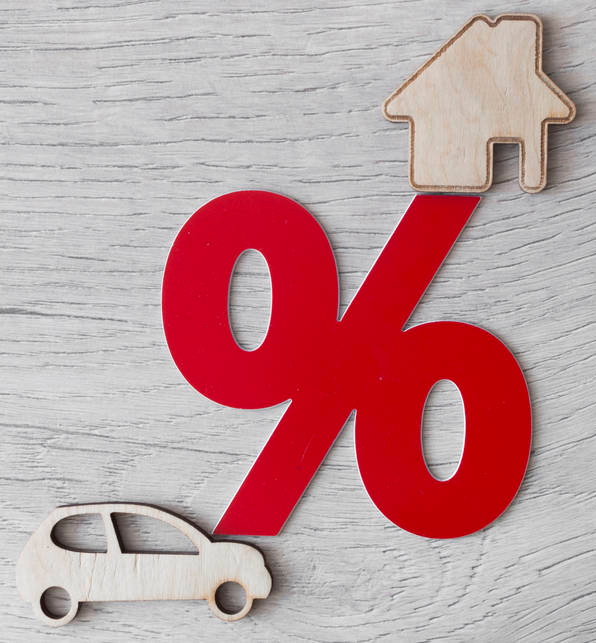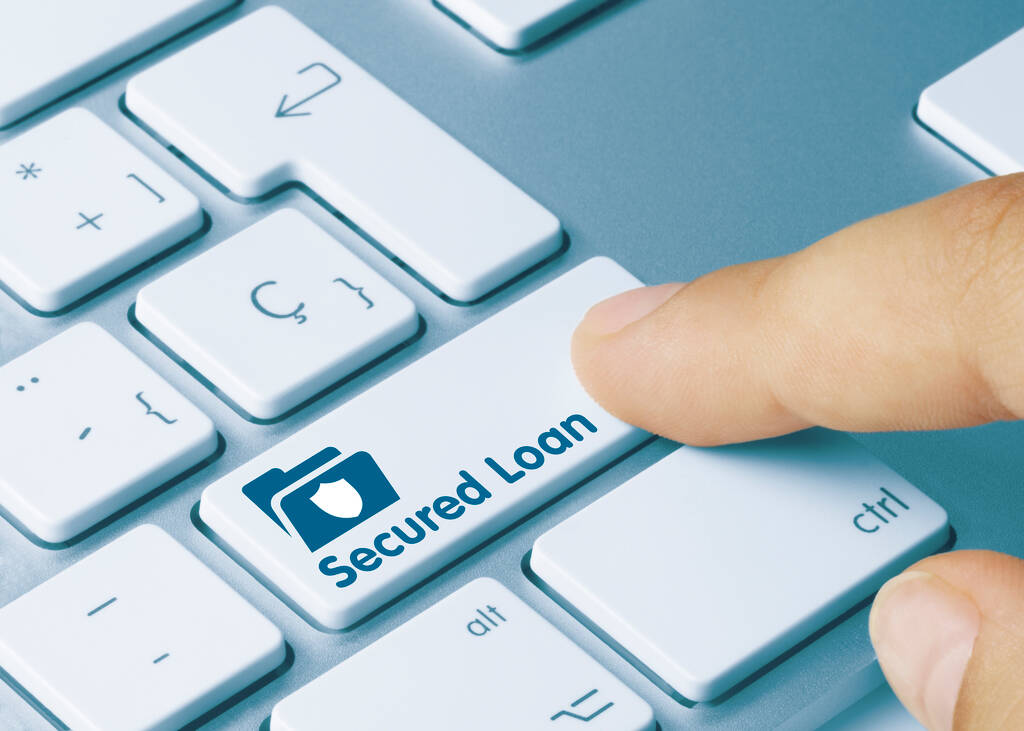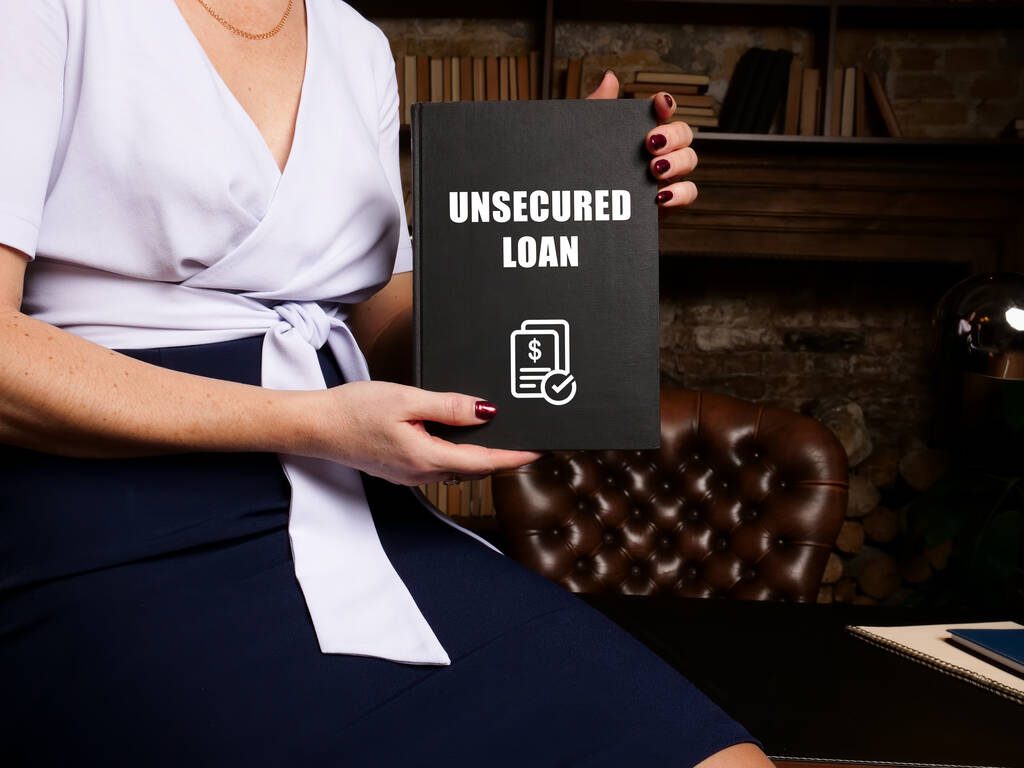Key Takeaways of Understanding Secured vs. Unsecured Loans
| Key Point | Description |
|---|---|
|
Secured vs. Unsecured Business Loans: What’s the Key Difference?
|
Secured loans require an asset as security, offering lower interest rates and higher borrowing amounts. Unsecured loans, which don’t require business assets as security, are quicker to obtain but typically have higher rates, shorter terms and lower loan amounts (but some lenders are willing to lend up to $4M on a case-by-case basis).
|
|
Secured Business Loans Are Best For
|
Secured business loans are ideal for substantial investments, businesses seeking lower interest rates and long-term projects. These are appropriate when significant funding is required and assets are available for security.
|
|
Unsecured Business Loans Are Best For
|
Unsecured loans are suitable for immediate funding needs, financing small-to-medium projects, startups without significant assets and companies preferring not to use business assets as security.
|
|
FAQs on Unsecured vs. Secured Loans
|
This section addresses common questions about secured and unsecured loans, including their suitability, security requirements, speed of approval, loan amounts and documentation needed.
|
Secured vs. Unsecured Business Loans: What’s the Key Difference?
Secured business loans require an asset as security, such as property, equipment or accounts receivables. If you default on the loan, the lender may take possession these assets. Secured loans generally offer lower interest rates and higher borrowing amounts due to the reduced risk for lenders. However, they often involve a longer approval process, as the lender must assess the value of the assets being used as security.
Unsecured loans do not require business assets as security. Instead, lenders assess the strength and cash flow of your business. An unsecured business loan application can be fast; it can be approved in as little as 24 hours. The absence of security typically leads to higher interest rates, lower loan amounts and shorter repayment periods, but some unsecured lenders may be willing to lend above $4M.
This makes unsecured loans accessible to many business directors, including those who prefer not to use business properties as security and those with less-than-perfect credit ratings. However, getting unsecured loans still require personal guarantees from directors, which means property could be on the line for those who own property in their name and default on their loan.

Secured Business Loans Are Best For
Secured loans are ideal when you’re looking for:
- Large Capital Investments: A secured business loan can provide substantial funds if your business plan involves a significant investment, such as purchasing real estate or upgrading to expensive machinery.
- Lower Interest Rates: Businesses with valuable assets looking for lower interest rates may find secured loans more attractive and cost-effective.
- Long-Term Investments: For long-term projects that require a substantial amount of money, the extended loan terms of secured loans can be beneficial.

Unsecured Business Loans Are Best For
Unsecured loans are suitable in the following situations:
- When You Need Immediate Funding: If your business needs immediate funding, perhaps to seize a timely opportunity or address a sudden expense, the faster approval process of unsecured loans can be advantageous.
- When You Need to Finance Small-to-Medium Projects or Costs: For smaller-scale investments or any small business financing needs, unsecured loans can provide sufficient funds without the need for any security.
- When You Don’t Have Business Assets: Startups or businesses without significant assets can still access funding through unsecured loans.
- When You Don’t Have Business Financials: Unsecured loans and overdrafts typically involve fast and low or no-doc applications, making them suitable for those with imperfect credit scores. These loans can be approved within days or even just a few hours.

FAQs on Unsecured vs. Secured Loans
When considering a business loan, it’s crucial to understand the differences between secured and unsecured loans. Here are some common questions and misconceptions addressed:
The choice between a secured or unsecured loan depends on your business needs and circumstances. Secured loans typically offer lower interest rates and larger amounts, as they are less risky for lenders with security involved. Unsecured loans, while often having higher interest rates, provide quicker access to funds and are suitable for businesses without significant assets or who need a fast loan solution.
Security can include a range of tangible assets such as property, equipment or accounts receivables. The value of these assets plays a crucial role in approving the loan and determining the loan amount.
Unsecured loans are known for their fast approval process, often within 24 hours. This makes them ideal for businesses that need funds quickly.
While unsecured lending is generally for smaller amounts, some lenders may offer up to $4M on a case-by-case basis.
Unlike secured loans, which may require financial documents, unsecured loans are often low or no-doc applications, making them accessible to many business owners.
Seek Dark Horse Financial’s Expert Guidance
Choosing between secured and unsecured loans can significantly impact your business’s financial trajectory. For expert guidance tailored to your unique business situation, consider consulting with Dark Horse Financial. Our team specialises in both secured and unsecured business loans in Australia, offering insights and solutions that align with your business goals and financial circumstances.
Contact Dark Horse Financial today to explore your business loan options.









